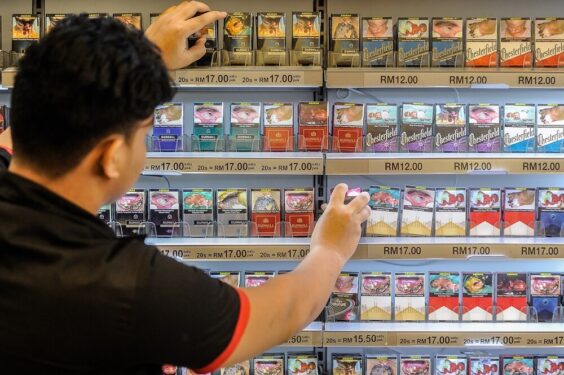I THINK we can debate and argue about the Indian problem for a long period.
This has been done before and repeated now in online forums.
The roots of the Indian problem are the same and new discussions are not going to alter the historicity of the roots of the Indian problem.
With the history of the Indian problem in mind, maybe the time has come to approach the subject of what can be done to alleviate their social, economic, educational and political problems of the community.
Before we can dwell on the matter of Indians taking advantage of opportunities, if they are there and waiting, there is need to focus on the rights of the community.
As we can debate endlessly on the Indian problem without any outcome, we really need to confront the objective and subjective positions of Indians as Malaysians and citizens of the country.
Objectively speaking, Indians are a numerically small community, with the majority of the population being members of the working class.
Some sections of Indians through sheer hard work and determination have risen up the socioeconomic ladder.
They have proven that they can fight to some extent the racist system to emerge victorious.
However, this kind of opportunity might not hold true for the majority of the members of the Indian working class.
They are caught in a bind where the Government’s imposition of race and religious criteria act as a powerful impediment to their progress and advancement.
For the vast majority of Indians, it is the stark and ugly reality of racial discrimination by the Government that stands in their way forward.
Debates or discussions on Indian progress spend a lot of time talking about what Indians should do without factoring how the Government through policies and measures constrain the participation of Indians.
Indians want to participate and take advantage of opportunities and challenges, but they are prevented by the very Government that seeks to represent them.
Objectively speaking Indians, like other disadvantaged groups, want a level playing field free from the obnoxious racial discrimination.
Without the removal of this policy, Indian progress will be limited to those who can defy the system.
If the objective situation of Indians are not analysed then it is quite easy for discussions to meander off resulting in the condemnation of Indians, the victims.
In fact, many NGOs find it difficult to confront the racist Government and would rather take the easy out by blaming the victims.
It is easy to take this path because the Government is amorphous and distant whereas the Indians are exposed. Some of the NGOs depending on government assistance naturally shy away from criticising it.
Indians being a numerically small community and victims of racial discrimination are in an unenviable position.
It is this objective position that has produced negative subjectivism in the community.
Being told that they are not the preferred citizens, that they don’t qualify for certain employment and being denied the right to own licenses and permits for being the ‘wrong’ race have caused untold generational misery on them.
They lack the dignity, self-pride and determination normally found among citizens of a country.
Denied decent employment and educational opportunities, they turn to other forms of activities that are sometimes illegal in nature.
Let us confront the nefarious role of the state and how Indians have become victimised over the years.
Scars of humiliation and discrimination cannot be eradicated by sidestepping the issue of the real elephant in the room.
Ideally a royal commission of inquiry must be set up to investigate how the Malaysian Government has treated, discriminated and humiliated the non-Bumiputra.
Without a national reconciliation process to rectify the roots of the grievances of the discriminated communities, there will be no healing process. – July 21, 2021.
Prof Ramasamy Palanisamy is the state assemblyperson for Perai. He is also deputy chief minister II of Penang.
The views expressed are solely of the author and do not necessarily reflect those of Focus Malaysia.










